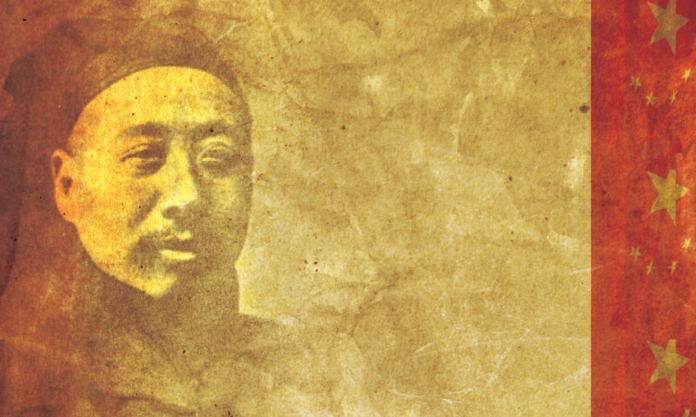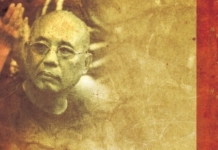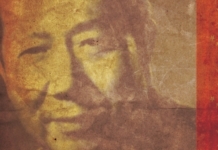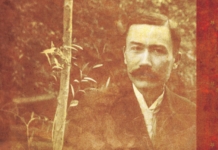Zhou Xuexi (周学熙) was a late Qing Dynasty industrialist who, as Minister of Finance, became one of the most powerful men in country and to latterly use that influence in bringing about social welfare and industrial reform which earned him a place in school text books.
Born in Nanjing on 12 January, 1866, Zhou was the fourth son of Zhou Fu, one of the eight regional Viceroys in Qing Dynasty China.
A scholar by the age of 16, Zhou was elected in 1894 to initially become an official in Zhejiang Province. Just 4 years later, Zhou got his first glimpse of his entrepreneurial future when he took office at the Kaiping Mining Bureau, based in northeast Tangshan, as a major military supplier.
Zhou’s knack for spotting a gap in the market emerged while travelling the southern provinces supervising coal sales. He noticed that, as factories, mines and railways took hold, the potential market for cement was huge. But China had not one cement plant.
Zhou took on Hans Kunde, a German technician, to conduct tests on Tangshan soil. They found it and the surrounding rock to be ideal for making high-quality cement. Qixin Cement would go on to hold together buildings such as the Beijing Library, the Bank of Communications, Hebei Gymnasium and the Shanghai General Post Office.
Among the most famed of the many companies and institutions which he founded, Zhou got the chance to build a tap water project in Beijing in 1908. Over 22 months, Zhou laid 200 kilometres of water pipes all over the city.
Then the Jingshi Water Works, and as today’s Beijing Water Works, the project was the first of several major contributions to public welfare.
With his family major players in government, Zhou had over the years built a close association with Yuan Shikai, the military commander who would bring about the abdication of the Qing Dynasty’s Xuantong Emperor and become the first President of the Republic of China. With the treasury then empty, Yuan sent Zhou an invitation.
The upshot was that in 1912, Zhou commenced the first of two stints in the position of Minister of Finance as the fledging Republic of China took to the stage.
Latterly, Zhou finally chose to withdraw from politics and devote himself to industry. Gathering the Zhou clan together in Tianjin, the “Zhou Family Enterprise Group” was established. It would go on to be a huge industrial group, well known at home and attracting worldwide attention in the following decades. The group greatly changed the fortunes of northern China’s then-lagging textile industry, playing a pivotal role in shaping the entire industrial field.
It would also cement Zhou’s business credentials as the “Northern Industrial Giant” which put the country on the road to industrial salvation.
Constituting a picture of modern Chinese national capitalists seeking survival and development in the cracks, Zhou’s deeds which would find their place in the history textbooks of Chinese high schools.
The father of China’s northern industries passed away in Beijing, on 26 September, 1947.












